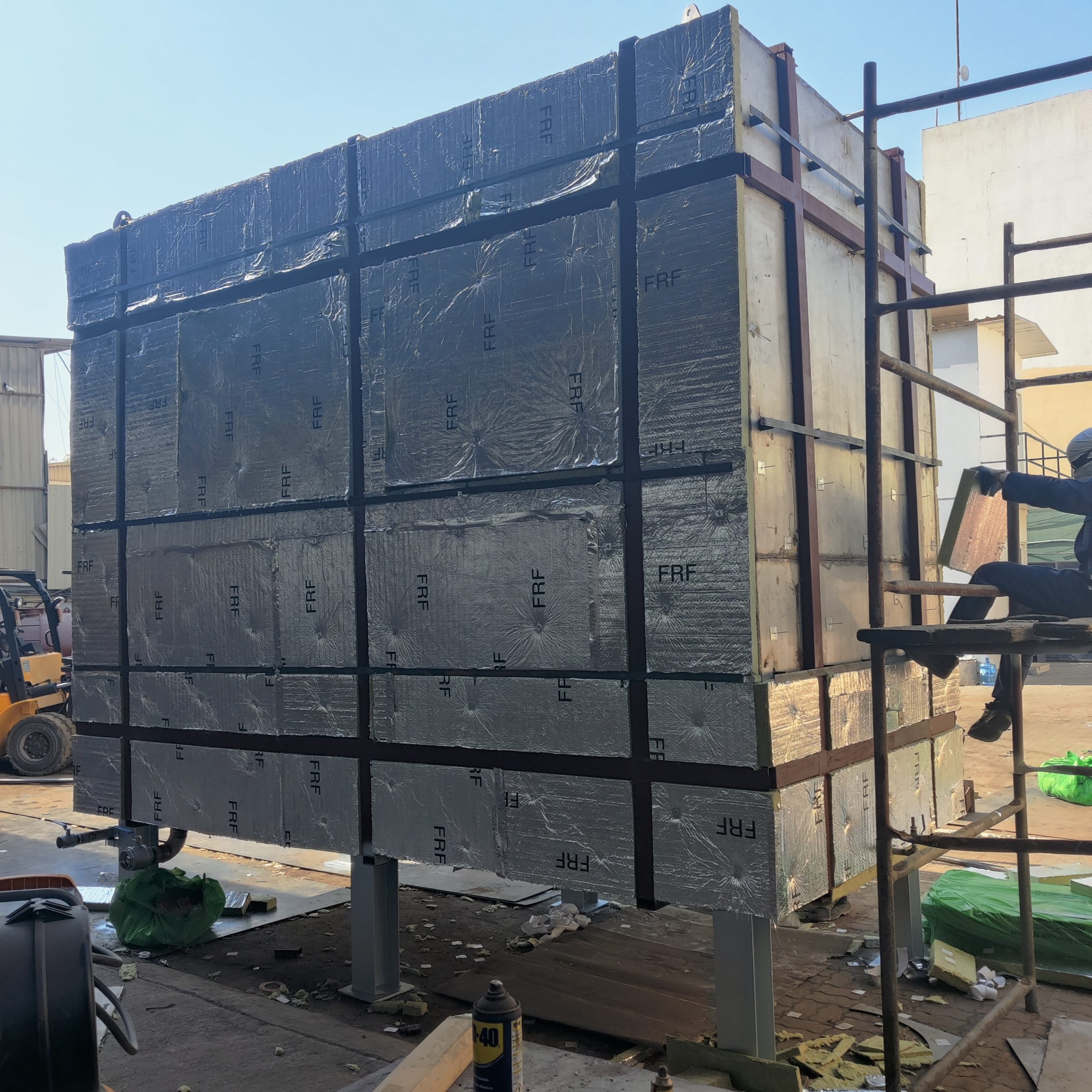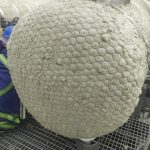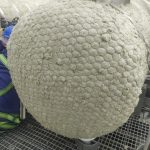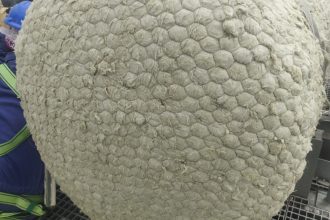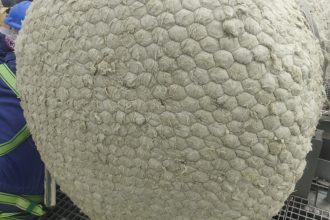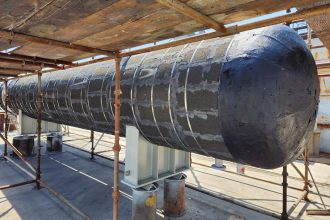The UAE’s scorching climate poses unique challenges for industrial operations. From power plants and oil refineries to manufacturing units and logistics warehouses, high ambient temperatures impact not only equipment performance but also energy consumption, worker safety, and operational costs. Thermal insulation is no longer an optional feature—it is a strategic necessity.
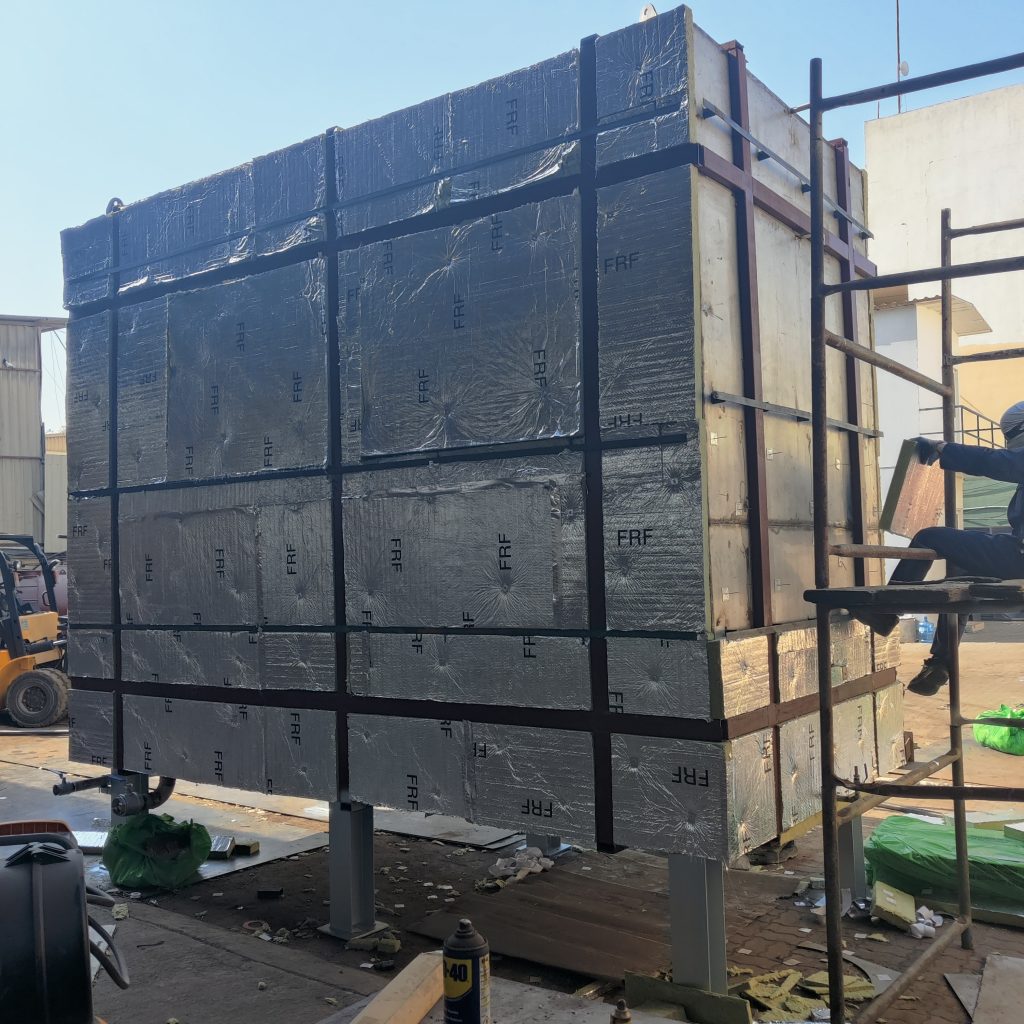
Thermal insulation refers to the application of materials that resist heat flow, thereby helping to maintain internal temperatures and protect external environments. In the industrial context, it reduces the need for excessive cooling or heating, safeguards sensitive equipment, and ensures that processes remain consistent regardless of external conditions. For a country like the UAE, where temperatures often soar above 45°C, this translates directly into cost savings and system longevity.
Facilities in Dubai, Abu Dhabi, Sharjah, and other emirates see significant efficiency gains by insulating hot systems like boilers and steam lines, or cold systems like chilled water pipelines and LNG storage tanks. Materials such as rockwool, calcium silicate, and PIR offer excellent thermal resistance, meeting both ISO and Civil Defense standards.

